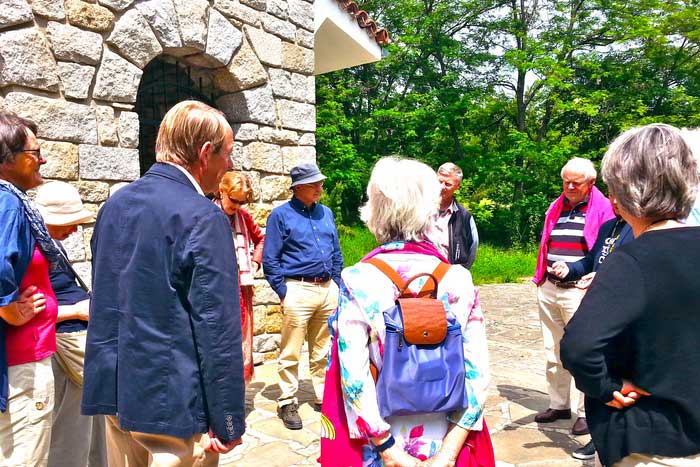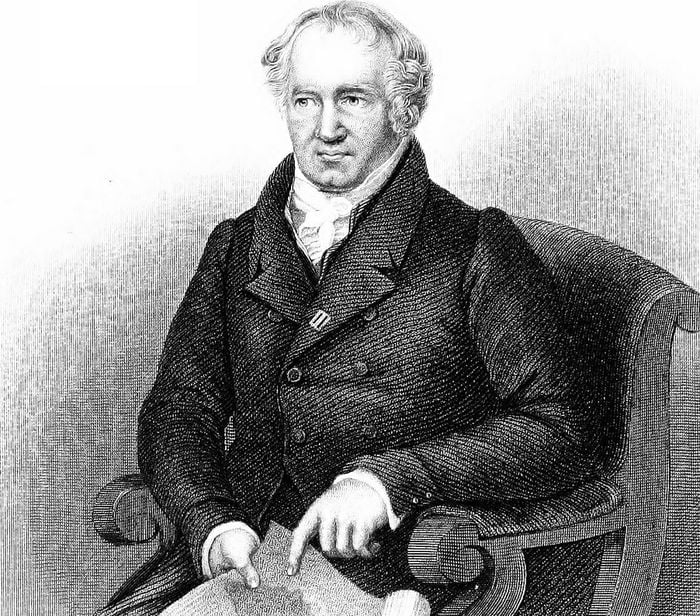58. Isaac was a devotee of the philosophic life: he abhorred anything that was physically diseased or corrupt. But his hopes were disappointed, for he found nothing but disease and festering sores, the imperial horses running at full speed from the starting-post, quite impossible to master, heedless of the reins.
In the one case he ought to have waited for the appropriate moment before he applied surgical remedies and cautery; it was wrong to operate on the internal organs with the surgeon’s heated iron without reasonable premeditation. In the case of the horses, the right course was to discipline them gently with the reins, and break them in, caress them lightly in a professional way, and make a fuss of them, then climb aboard his chariot and give them the rein, after the style of Philip’s son when he taught Bucephalus to answer the bit.**206 But Isaac wanted to see the chariot borne along on a straight course at once, before this initial training. He wanted to see the sick body restored to health immediately.
Unsuccessful efforts
What with his burning and cutting here, and his mighty pulling and tugging with the reins on his runaway horses there, he somehow or other failed to notice that he himself had caught the disease before he got control over these troubles and restored them to order. Do not imagine that I am finding fault with the man for trying. I do accuse him, though, for choosing the wrong time for his unsuccessful efforts. As for the third stage of the disease, that must wait. Let us dwell on the second a little longer.
59. As I have often remarked, the emperors before Isaac exhausted the imperial treasures an personal whims. The public revenues were expended not on the organization of the army, but on favours to civilians and on magnificent shows. Finally, to ensure that after their death the funerals should be more impressive and the interment more extravagant, they prepared monuments of Phrygian or Italian marble, or of Proconnesian slab. Houses were then built round them and churches lent them sanctity.
Groves were planted, while parks and meadows encircled the whole area. Then, as they had to enrich their places of meditation (the name they invented for these buildings) with money and possessions, they not only emptied the palace treasury, but even cut into the money contributed by the people to the public revenues.
Read More about Isaac Comnenus 37








